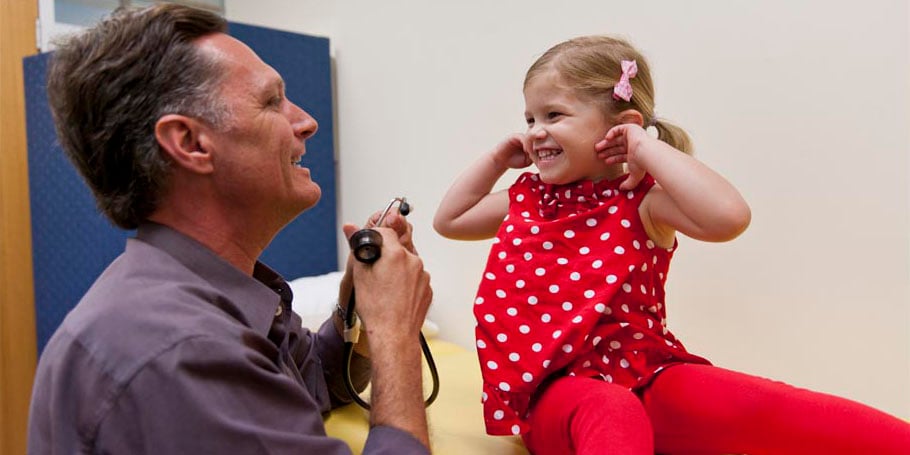Search

News & Events
National honour for The Kids DirectorLeading paediatrician, infectious diseases specialist and Executive Director of The Kids Research Institute Australia, Professor Jonathan Carapetis, has been recognised for his significant contribution towards medical research with the award of Member of the Order of Australia (AM).

News & Events
The Kids takes fight against one of the world’s deadliest bugs to national stageLast night, almost 60 supporters gathered at Adelaide Town Hall for the inaugural The Kids Research Institute Australia Adelaide Lecture, Not Just a Sore Throat: The Race to Stop One of the Deadliest Bugs on the Planet.

News & Events
Major grants fuel child health researchSix researchers from The Kids Research Institute Australia have been awarded $8.9 million in prestigious Investigator Grants from the National Health and Medical Research Council.
Research
Voices behind the statistics: A systematic literature review of the lived experience of rheumatic heart diseaseThis systematic review presents a critical, interpretive analysis of publications that include lived experiences of rheumatic heart disease

News & Events
Carol's story: losing a parent to RHDAfter being diagnosed with rheumatic heart disease at ten, Elizabeth had to leave country and her family for a large chunk of her childhood so she could be treated in Adelaide.

News & Events
Margie's story: Parent to a child with ARFWhen Liana complained of a sore foot and showed signs of a fever, her mum Margie rushed her to hospital. An X-ray of her foot revealed no obvious injury, so she was sent home and advised to take painkillers.
Research
Rheumatic Heart DiseaseRheumatic heart disease (RHD) is the most important cause of acquired cardiovascular disease in children and young adults. Virtually non-existent in most of Australia, it still predominantly affects Aboriginal communities.
Research
Trends in incident acute rheumatic fever or rheumatic heart disease in Indigenous youth in Western Australia: a retrospective cohort studyTo determine age-specific and age-standardised incidence trends of acute rheumatic fever (ARF) or rheumatic heart disease (RHD) among Indigenous Western Australians aged less than 35 years of age.
Research
Scoping review of variation in clinical guidelines for delivery of injectable long-acting penicillin across Australia and Aotearoa New ZealandThis scoping review explores existing clinical guidelines on administration of benzathine benzylpenicillin (Bicillin L-A, Pfizer Australia) in Australia and Aotearoa New Zealand. The objective is to understand existing delivery guidance to address variation in care and cultural safety considerations, to support messaging during periods of stockout and to inform planning for new administration techniques.
Research
Acute rheumatic feverAcute rheumatic fever is an autoimmune disorder resulting from Group A Streptococcus pharyngitis or impetigo in children and adolescents, which may evolve to rheumatic heart disease (RHD) with persistent cardiac valve damage. RHD causes substantial mortality and morbidity globally, predominantly among socioeconomically disadvantaged populations, with an interplay of social determinants of health and genetic factors determining overall risk.
